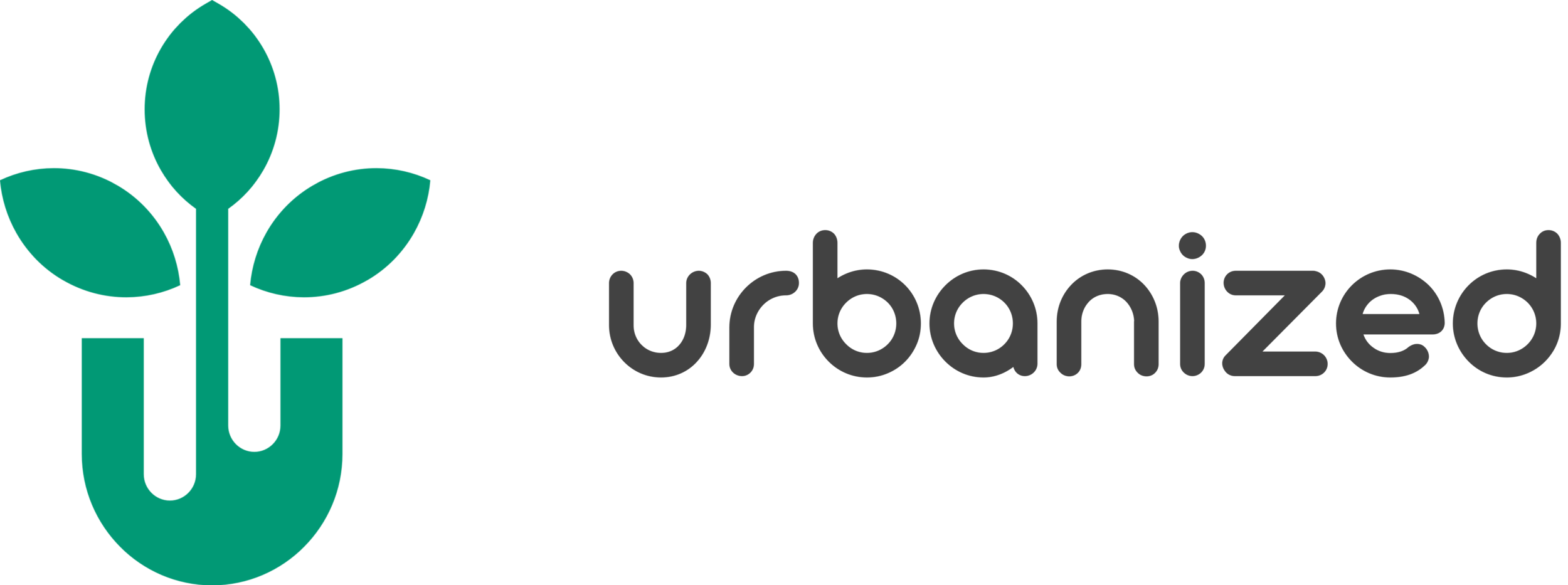ORIGINAL POST BY ELEMENTAL RECYCLED PRODUCTS
Elemental Recycled Products offers a new and better way to buy toilet paper. Conveniently delivered to your home. Sustainably produced, premium quality at a competitive price.
Plastics, for better or worse, make up so much of our 21st century world. Think about your daily routine for a minute. From eating to working, completing chores, traveling, playing and even sleeping, there is little we do on this planet where disposable plastics don’t play a role.
Disposable plastics are poised to take over our ocean and green spaces. It sounds dire and many projections sound apocalyptic. For instance, a recent MacArthur Foundation report covered by Business Insider predicts that by 2050, there will be more plastic than fish in the ocean. (Prediction calculated by weight.) The article goes on to report that use and production of plastic shows no signs of stopping. In fact, the opposite is true. The article reports plastic production is up 20x over the last 50 years. Our use is staggering.
Defining humanity’s complex relationship to this versatile, yet long-standing material is imperative. Understanding how we became a DISPOSABLE-DEPENDENT culture provides us insight on how to break the cycle. We need to ween.
A Brief history of the rise of plastic
There is a scene in an episode of Mad Men where you see the devilishly handsome Don Draper chucking bottles, cups and straws out of a golden Cadillac as he desperately drives down a lone highway somewhere lost in contemplation. Or maybe he was drunkenly erasing the evidence of his latest romantic conquest to hide from Betty. Either way.
I remember watching it and thinking, dear Lord, now THAT is a time and a place! But is the just-toss-it attitude really such a by-gone notion? The truth is while it is in vogue to keep green spaces cleared of litter, the idea of a single use disposable is strong. Single use material seems deeply attached to our modern psyche and the American identity too.
The first plastic was invented by Belgian-American Leo Baekland in 1907 in New York. He named the flexible material which he created from phenol and formaldehyde, “plastic.” The word is derived from the Greek word plasticos, meaning “moldable.” Plastic is generally classified as moldable synthetic polymers. It was cheap to make and enjoyed seemingly endless properties for commercial use. Not much has changed about that—it’s inexpensive and versatile. The rise of plastics was inevitable in the highly industrial, growing U.S. economy.
After a steep curve in demand during WWII, plastic became THE material for goods and packaging. Between the 1940s and 1960s plastic, or refined polyethylene, growth exploded. Companies promoted all manner of new consumer goods that touted the newly-minted American virtue––convenience. During these decades, water impervious tarps, sticky Scotch tape, clingy Saran wrap, unbreakable Tupperware, strong Zipper storage bags, stretchy garbage bags, springy bubble wrap and easy-use home cleaning spray bottles were all born. And with that birth sprang a new generation of disposable plastic dependents. We are all hooked!
Life hacks to get over the Disposable-dependency
So, what’s to be done about DISPOSABLE PLASTICS??? Because it feels like we are trying to stem a tsunami with sandbags. The story does not have to end in catastrophe, however. By taking some intentional steps in our daily choices, we can begin to move away from this material and throw-away cultural phenomenon.
Here are a couple of life hacks for modern times:
Try Tried & True Alternatives to plastic first. Old tried and true methods got my granny through the Depression, and they will save you the hassle. These ideas brim over with good old fashioned American common sense. https://www.naturallivingideas.com/plastic-wrap-alternatives/.
Have to buy plastic? Try for something NON-disposable - You may not realize this, but #1 (PET) and #2 (HDPE) plastics are the most popular and easiest plastics for recycling centers to sell to vendors who will remake a new product. They are generally remade into plastic products that last longer than your toss-its. I love these plates by Replay because they are sturdy, dishwasher safe, inexpensive, made from reclaimed #2 milk jugs and I will use them FOREVER or simply re-gift them to my local Goodwill when I am done so someone else can enjoy. https://re-play.com.
Shop Conscientiously. So yes, this is 100% a plug to check out Elemental’s toilet paper sourced from 100% recycled materials, but really that’s just the start. There are so many companies that cover all your household consumables. The name of the game is the end game for the material. Think, “When I toss this, where will it end up?” Check out this article by a zero-waste fanatic that covers alternatives to your traditional garbage bags. https://zerowastenerd.com/zero-waste-alternatives-to-trash-bags/.
